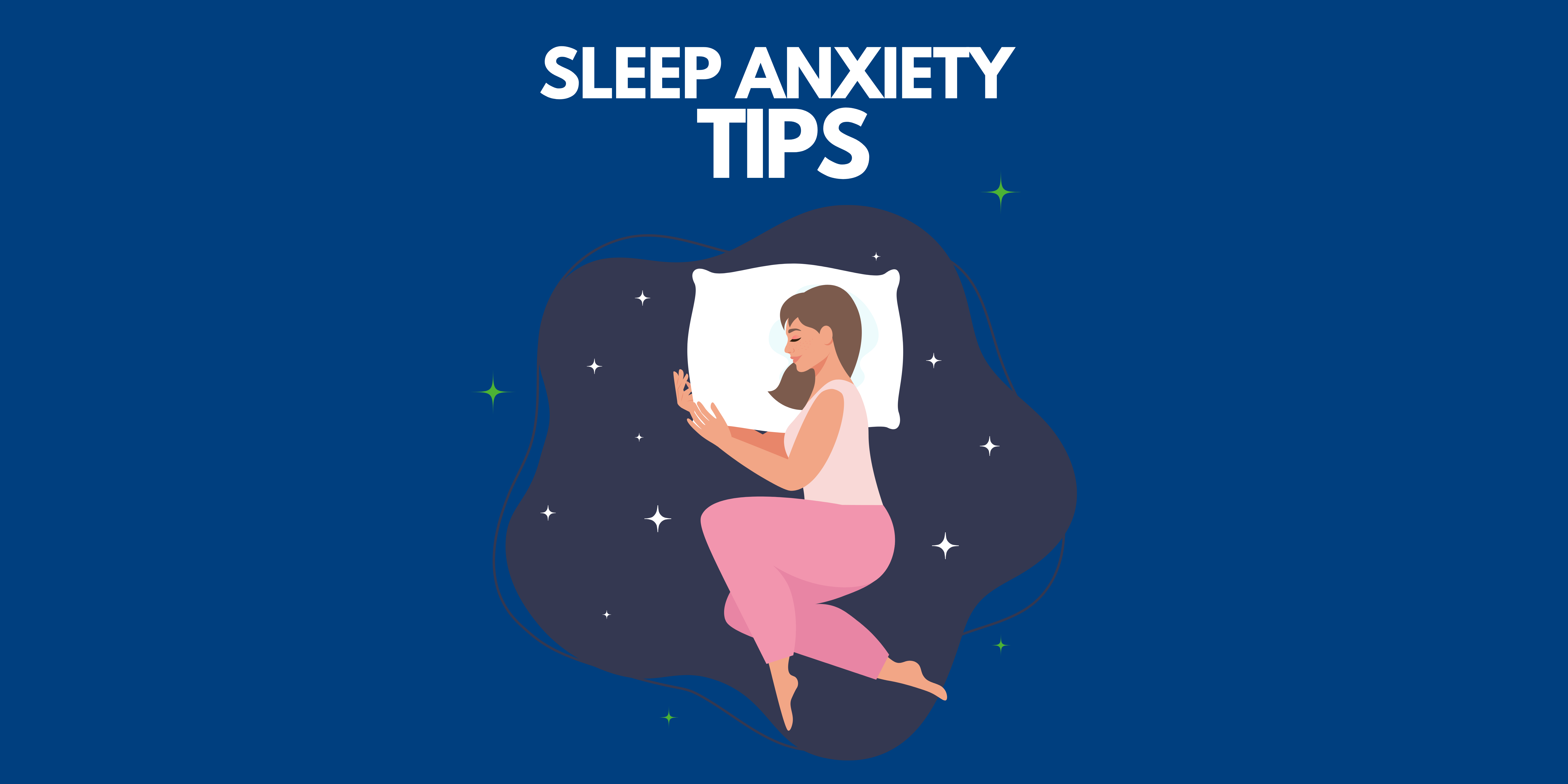Conquering Sleep Inertia: Strategies for Energized Wake-Ups and Productive Mornings
Unlocking the Secrets of Refreshing Sleep and Waking Up with Vigor
Lazy wakeup, also known as “sleep inertia,” refers to the groggy and disoriented feeling that occurs when you wake up from a nap or a night’s sleep. It can make it difficult to get out of bed and start your day effectively. There are several reasons behind lazy wakeup, and there are also strategies you can employ to prevent it. Here’s a breakdown:

Reasons for Lazy Wakeup:
1. Sleep Stages:
When you wake up during the deeper stages of sleep (slow-wave sleep or REM sleep), you’re more likely to experience sleep inertia. These stages are associated with more intense brain activity, and abruptly waking up from them can leave you feeling groggy.
2. Sleep Duration:
Waking up from a longer sleep session, especially if it’s interrupted, can increase the likelihood of sleep inertia. This is why people often feel groggy after napping for an extended period.
3. Circadian Rhythms:
Waking up during a phase of your circadian rhythm when your body is naturally inclined to be in a deeper sleep can lead to sleep inertia. Your body has a natural sleep-wake cycle, and waking up during the wrong phase can cause grogginess.
Prevention Strategies:
1. Wake During Light Sleep:
Try to wake up during a lighter stage of sleep, ideally during a period of REM sleep. You can use sleep tracking apps or devices that monitor your sleep stages to help you time your wake-up alarms more effectively.
2. Consistent Sleep Schedule:
Maintain a regular sleep schedule, going to bed and waking up at the same time each day. This helps regulate your body’s internal clock and can reduce the chances of waking up during a deep sleep phase.
3. Nap Smartly:
If you’re taking a nap, aim for shorter naps (around 20-30 minutes) to avoid entering deeper sleep stages. Short naps can provide a quick energy boost without causing sleep inertia.
4. Gradual Awakening:
Use gradual wake-up methods, such as gradually increasing the intensity of your alarm over a few minutes, or using a wake-up light that simulates a sunrise to gently rouse you from sleep.
5. Hydration and Nutrition:
Staying hydrated and having a balanced diet can contribute to better sleep quality and reduce the chances of feeling groggy upon waking.
6. Morning Routine:
Engage in some light physical activity or mental stimulation soon after waking up. This can help shake off the grogginess and get your body and mind active.
7. Avoid Bright Screens:
Limit exposure to bright screens (phones, tablets, computers) before bedtime. The blue light emitted by these devices can disrupt peaceful your sleep-wake cycle.
8. Create a Comfortable Sleep Environment:
Make sure your sleep environment is conducive to good sleep. This includes a comfortable mattress and pillow, appropriate room temperature, and minimal noise and light disturbances.
9. Limit Caffeine and Alcohol:
Avoid consuming caffeine and alcohol close to bedtime, as these substances can affect the quality of your sleep and contribute to sleep inertia.
Remember that everyone’s sleep patterns and needs are different, so it may take some experimentation to find the strategies that work best for you in preventing lazy wakeup and promoting a refreshed morning routine.




